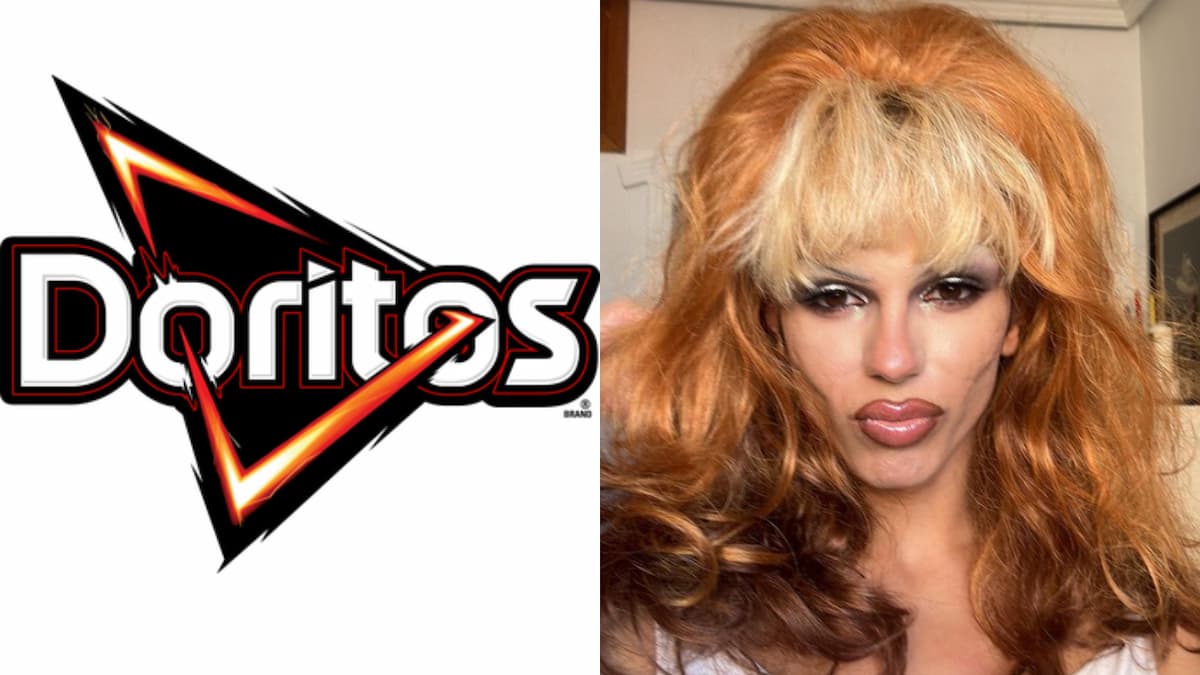The controversy surrounding tortilla chips, specifically Doritos, has arisen due to the company’s decision to hire influencer and pop star Samantha Hudson as their brand ambassador in Spain. Hudson, who identifies as non-binary and trans, sparked backlash from a certain segment of the population, reminiscent of a similar incident involving Bud Light and trans influencer Dylan Mulvaney.
The uproar escalated when past tweets from Hudson resurfaced, revealing disturbing content including references to violence and insensitive remarks about victims of rape. While some may attempt to attribute these tweets to teenage indiscretion, they nonetheless warrant public scrutiny and accountability.
However, the focus of the controversy quickly shifted from addressing Hudson’s past statements to expressing anti-trans sentiment, highlighting a broader issue of bigotry and discrimination. Many individuals seized upon Hudson’s tweets as a pretext to espouse hateful rhetoric unrelated to the original context, hijacking the conversation and detracting from meaningful dialogue.
As consumers debate the efficacy of boycotting Doritos over this issue, it remains uncertain whether such actions will significantly impact the company. While previous instances of backlash against companies endorsing controversial figures have affected their stocks, the geographic distance of this controversy, occurring in Spain, may limit its reach and influence.
Ultimately, the controversy surrounding Doritos and Samantha Hudson serves as a reminder of the complexities surrounding social media, celebrity endorsements, and public accountability. It underscores the importance of addressing past indiscretions while also recognizing and combatting underlying bigotry and discrimination.


